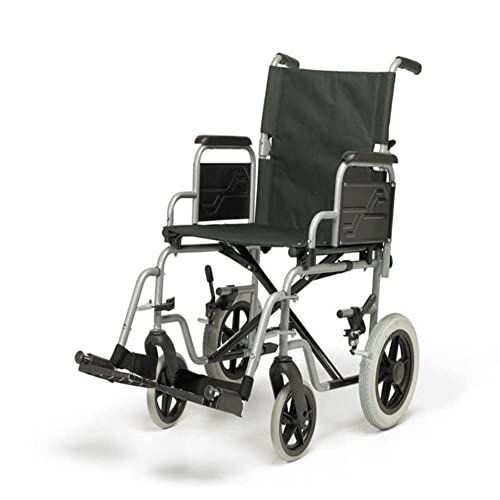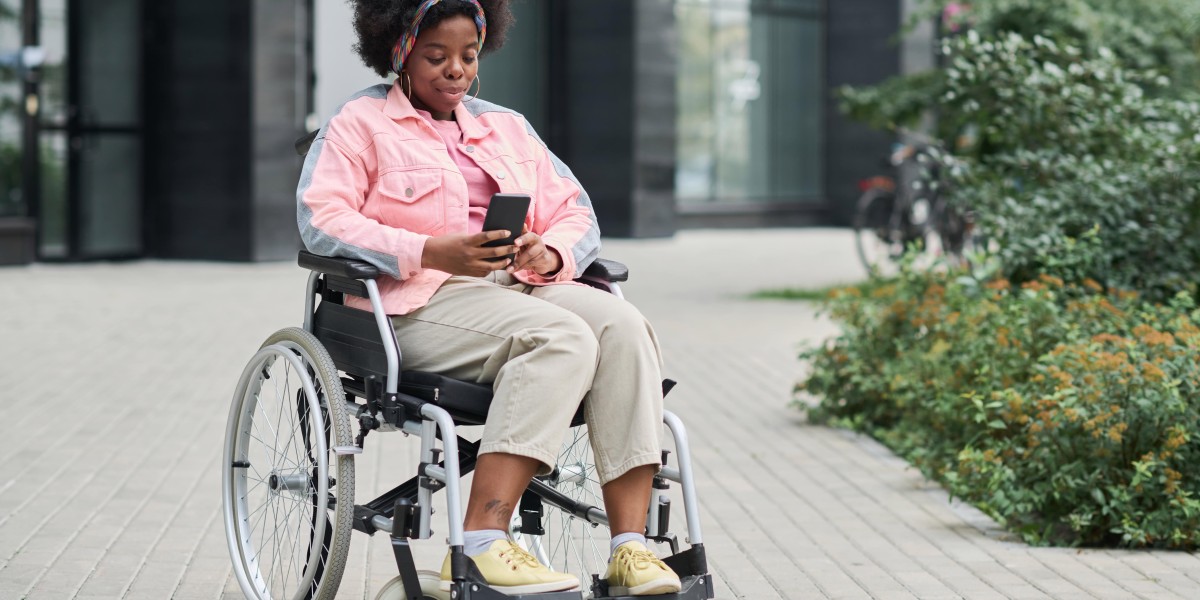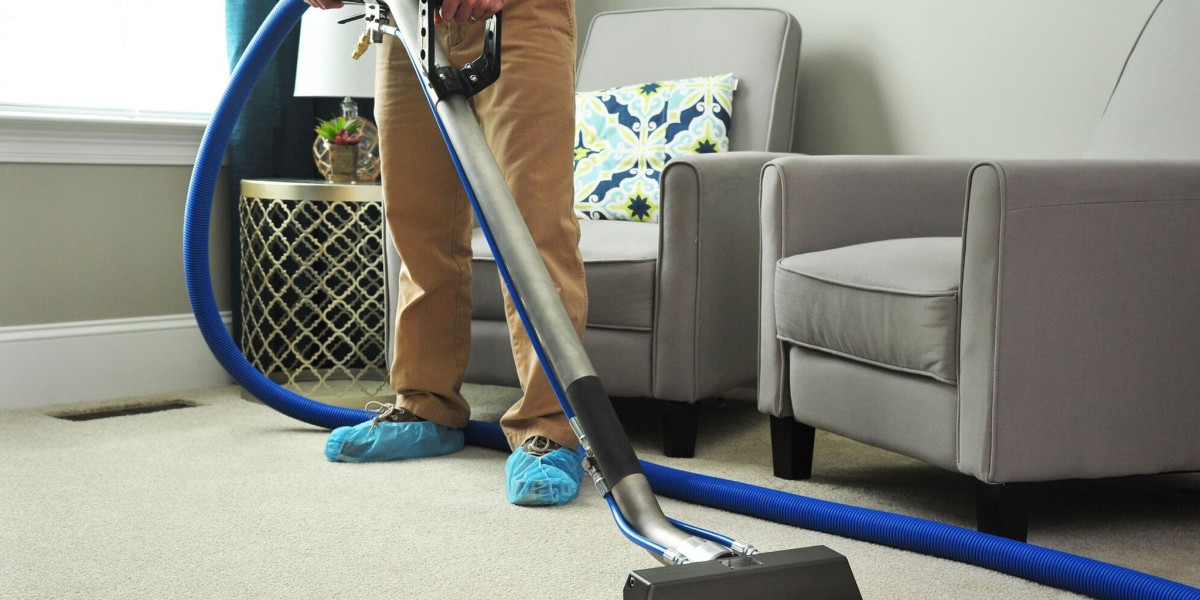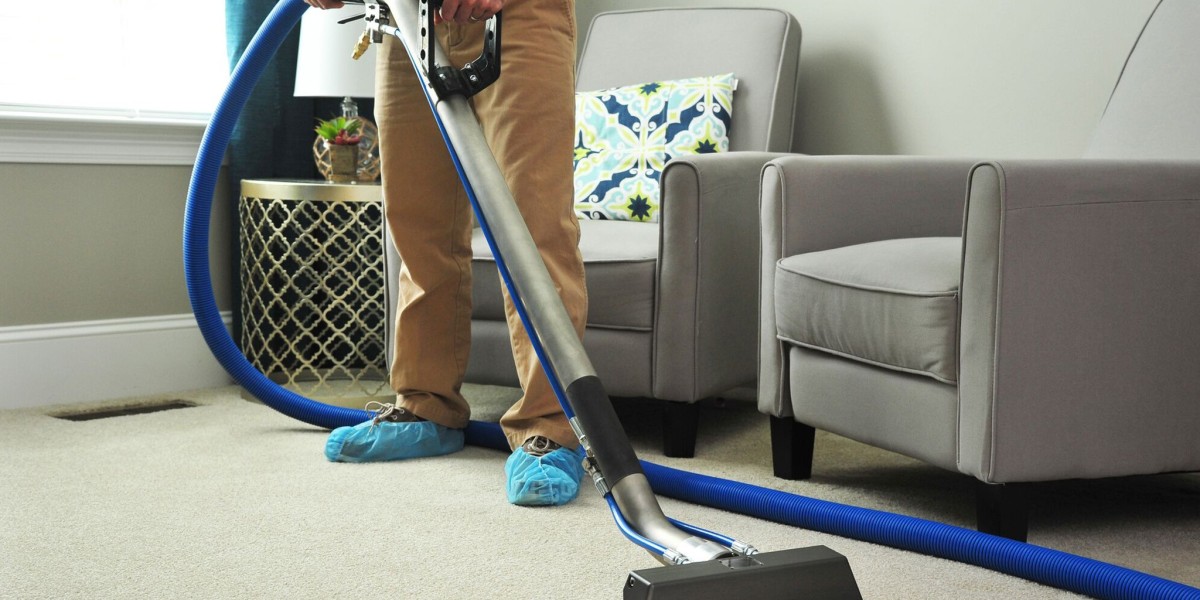Mobility Scooters in the UK: A Comprehensive Guide
In the United Kingdom, mobility scooters are ending up being a significantly popular methods of transportation for people with mobility concerns, providing them with the flexibility to browse their communities independently. These motorized lorries are created to assist those who have trouble strolling or utilizing a manual wheelchair, offering a practical and comfy service for daily travel. This article delves into the world of mobility scooters in the UK, exploring their advantages, legal requirements, and how to select the ideal one.
Introduction to Mobility Scooters
A mobility scooter is a battery-powered vehicle that generally has 3 or 4 wheels, a seat for the motorist, and handlebars for steering. They are created to be simple to use and preserve, making them ideal for older adults and people with disabilities who wish to keep their independence. Mobility scooters come in different sizes and designs, each accommodating various needs and preferences.
Advantages of Mobility Scooters
- Increased Independence: Mobility scooters allow users to take a trip longer ranges without the physical stress connected with strolling or utilizing a manual wheelchair. This independence can significantly improve their quality of life.
- Cost-Effective: Compared to other motorized automobiles, mobility scooters are relatively cost effective. They likewise require very little maintenance, which can save users a lot of cash in the long run.
- Relieve of Use: Most mobility scooters are created to be easy to use, with user-friendly controls and comfortable seating. They are often light-weight and can be easily disassembled for transport.
- Improved Social Interaction: By enabling users to venture out more regularly, mobility scooters can help in reducing sensations of isolation and loneliness, fostering social connections and neighborhood participation.
- Improved Safety: Mobility scooters are geared up with features such as headlights, brake lights, and horns, making them safer for use on roads and in public spaces.
Kinds Of Mobility Scooters
When picking a mobility scooter, it's essential to consider the type that best matches your requirements. Here are the primary types available in the UK:
Class 2 Mobility Scooters:
- Speed: Limited to 4 mph (6.4 km/h)
- Usage: Suitable for pavements and pedestrian areas
- Features: Compact and light-weight, collapsible for easy transportation
Class 3 Mobility Scooters:
- Speed: Can reach up to 8 miles per hour (12.9 km/h)
- Usage: Suitable for both pavements and roads, offered they are registered and guaranteed
- Functions: Sturdier construct, frequently with more sophisticated functions like suspension and larger batteries
Sturdy Mobility Scooters:
- Capacity: Designed to support users weighing as much as 400 pounds (181 kg)
- Usage: Ideal for those who require a robust and long lasting scooter
- Features: Reinforced frame, broader seat, and boosted stability
Off-Road Mobility Scooters:
- Terrain: Built to manage rough and unequal surfaces
- Usage: Suitable for users who take pleasure in outside activities like hiking or fishing
- Functions: All-terrain tires, high ground clearance, and powerful motors
Legal Requirements for Mobility Scooters in the UK
Utilizing a mobility scooter in the UK includes particular legal obligations. Here are the bottom lines to consider:
- Registration and Insurance:
- Class 2 Scooters: No registration or insurance coverage required
- Class 3 Scooters: Must be registered with the DVLA, guaranteed, and display a legitimate MOT certificate if utilized on roads
- Motorist Requirements:
- Age: Users need to be at least 14 years of ages
- Health: No particular health conditions are needed, but users should have the ability to control the scooter securely
- Speed Limits:
- Class 2 Scooters: 4 miles per hour (6.4 km/h) on pavements
- Class 3 Scooters: 8 mph (12.9 km/h) on roadways, 4 mph on pavements
- Security Equipment:
- Lights: All scooters utilized on roadways need to have front and rear lights, signs, and a horn
- Reflectors: Required for use on roads, particularly throughout low exposure conditions
- Tax and Parking:
- Tax: Class 3 scooters are exempt from lorry tax
- Parking: Users can park in designated disabled parking areas with a valid Blue Badge
How to Choose the Right Mobility Scooter
Picking the right mobility scooter includes considering a number of elements:
Mobility Needs:
- Range: How far do you need to travel?
- Surface: Will you be utilizing the scooter on pavements, roadways, or off-road?
- Weight Capacity: What is the maximum weight the scooter requires to support?
Spending plan:
- Initial Cost: Mobility scooters can range from a few hundred to several thousand pounds
- Ongoing Costs: Consider the cost of batteries, upkeep, and insurance
Features:
- Comfort: Look for a scooter with a comfy seat and adjustable controls
- Storage: Some scooters provide additional storage for shopping bags or personal products
- Mobility: If you require to transfer the scooter, choose a design that is lightweight and foldable
Track record and Support:

- Brand: Research trustworthy brands known for their quality and reliability
- Guarantee: Check the guarantee period and what it covers
- Customer Support: Ensure the producer or retailer provides excellent customer assistance and service
FAQs About Mobility Scooters in the UK
Do I require a license to drive a mobility scooter?
- No, you do not need a driving license to run a mobility scooter in the UK. Nevertheless, Class 3 scooters need to be registered with the DVLA and insured if utilized on roads.
Can I utilize a mobility scooter on the pavement?
- Yes, both Class 2 and Class 3 scooters are permitted on pavements, however Class 3 scooters are restricted to 4 mph.
Are there any restrictions on where I can utilize a mobility scooter?
- Class 2 scooters are restricted to pavements and pedestrian locations. Class 3 scooters can be used on roads, but they must meet certain legal requirements.
How do I preserve my mobility scooter?
- Regular maintenance includes examining battery levels, tire pressure, and brake performance. It's likewise essential to clean up the scooter frequently and save it in a dry place.
Can I get a mobility scooter through the NHS?

- The NHS provides mobility scooters through the Disabled Living Allowance (DLA) or Personal Independence Payment (PIP). You can also purchase or lease a scooter from a personal merchant.
Is a mobility scooter tax-deductible?
- In many cases, the expense of a mobility scooter uk scooter can be declared as a medical cost. Speak with a financial advisor for particular guidance.
Tips for Using a Mobility Scooter Safely
- Use Appropriate Clothing:
- Wear comfy and weather-appropriate clothing. Think about using a high-visibility jacket when using the scooter on roadways.
- Keep the Scooter:
- Regularly examine the battery, tires, and brakes to ensure the scooter is in excellent working condition.
- Follow Traffic Rules:
- Obey traffic signs and signals, and use designated pedestrian and cycle paths when possible.
- Usage Safety Equipment:
- Always utilize the headlights, brake lights, and horn, especially during low exposure conditions.
- Be Mindful of Others:
- Be polite to pedestrians and other roadway users. Slow down when approaching congested locations.
Mobility scooters are a valuable tool for individuals in the UK who deal with mobility difficulties. They use a variety of advantages, from increased self-reliance to enhanced security, making them a popular choice for older grownups and people with disabilities. By comprehending the different kinds of scooters, legal requirements, and how to pick the right one, users can delight in the liberty and benefit these vehicles supply. Whether for everyday errands or leisure activities, a mobility scooter can significantly improve the lifestyle for lots of individuals.
Additional Resources
- DVLA Website: For info on registering and guaranteeing a Class 3 mobility scooter
- Age UK: Offers guidance and assistance for older adults thinking about a mobility scooter
- Disability Rights UK: Provides assistance on accessing mobility scooters through monetary help programs
By putting in the time to research study and choose the ideal mobility scooter, users can delight in higher independence and a more active way of life.








